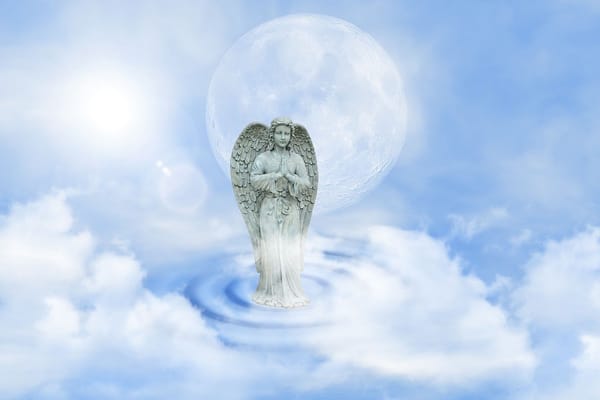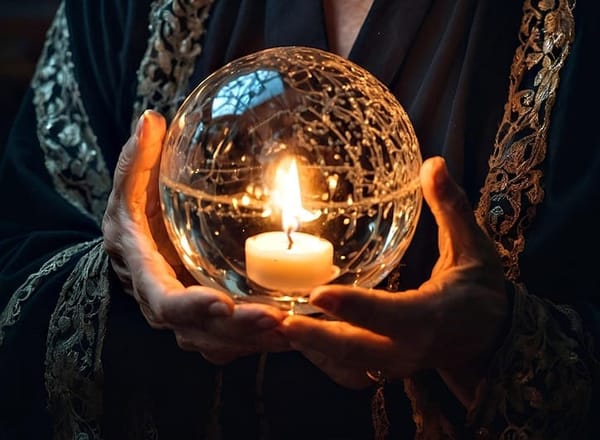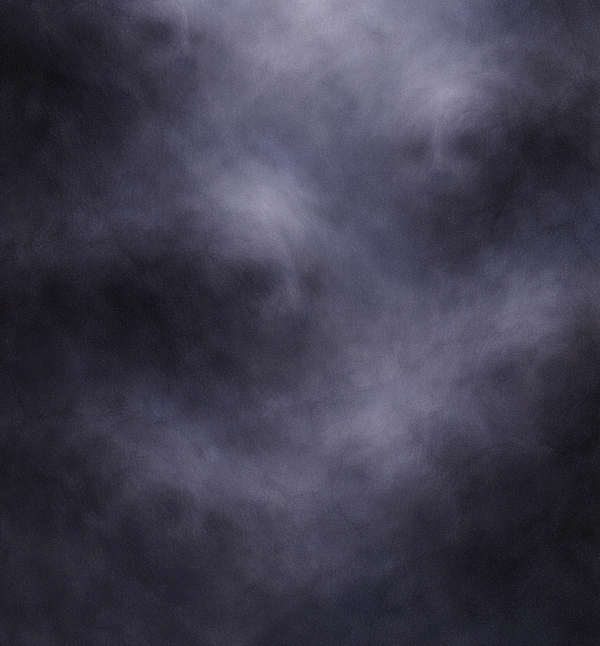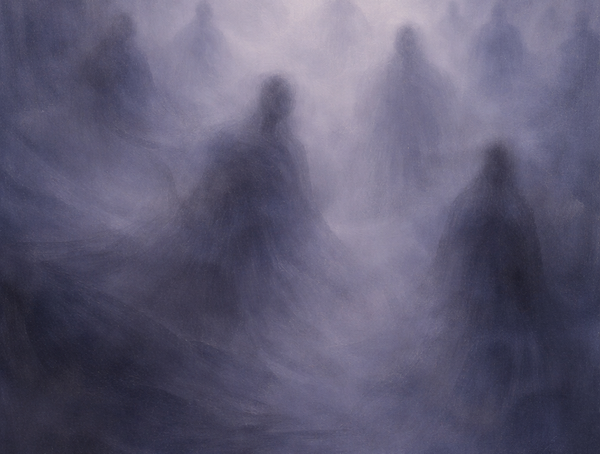The Polarity at the Heart of the World Goetheanum Forum
Without this, the Forum risks becoming a ritual of reassurance — a gathering without true future.
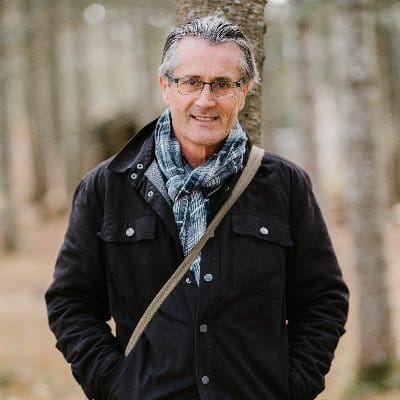
Without this, the Forum risks becoming a ritual of reassurance — a gathering without true future.

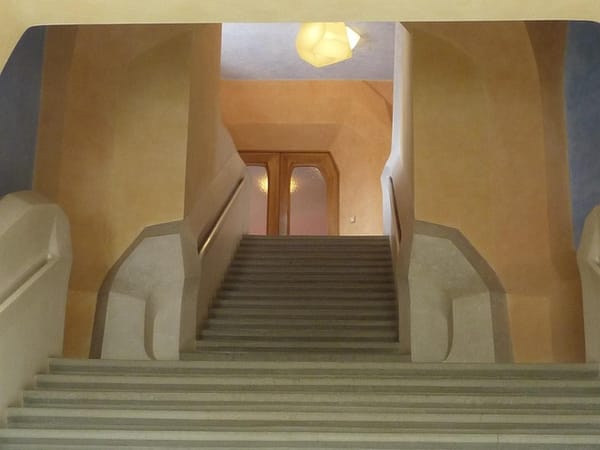
At the World Goetheanum Forum, survival depends on more than being “modern” — it calls for seeing institutions as living beings.
The World Goetheanum Forum (banks, clinics, biodynamic farms, organic distributors, etc.) presents itself as a gathering space for institutions to share, to survive, and to orient within today’s world economy. Yet the very frame in which this happens is already caught in a polarity:
This polarity leaves little room for the actual methods, which are neither caricature nor adaptation, but something else entirely: anthroposophy as a living, Goethean way of perceiving and forming social life.
The caricature functions as a substitute. Weleda is marketed with clever, ambitious leadership; bio-dynamic farms present their purity while lacking inner organizational methods; both shows fidelity to their respective approaches and preparations with contradictions in their organizational procedures and application.
What is missing is not “purity” but a formative social insight: how to create institutions and organizational life according to their nature. That is precisely what Bernard Lievegoed and his colleagues (e.g. Dr. Mees) attempted through the NPI. Their work showed that organizational forms could be read and cultivated in the same way Goethe read the metamorphosis of plants — as living, evolving beings. This capacity to see institutions in their becoming has largely disappeared from the anthroposophical economy.
Such organizational perception may in fact be among the greatest threats to the current mechanical and scientific reductionism increasingly invading all spheres of life. For if institutions could be formed out of the spirit — rather than merely adapted to the forces of the time — they would loosen the hold of the mechanistic, calculative powers that dominate the economic sphere. The disappearance of this work, or its reduction to caricature, may not be accidental.
The Forum therefore risks becoming a place of survival strategies within the existing paradigm, rather than a vessel for genuine innovation.
For the enterprises involved, the first step would be to recognize the polarity itself. To say clearly: we are caught between adaptation and caricature. Only then can another space open.
Innovation, in the true sense, would mean:
Without this, the Forum risks becoming a ritual of reassurance — a gathering without true future.
The signal to give may not be a detailed program (that would require long work), but rather the gesture of opening:

